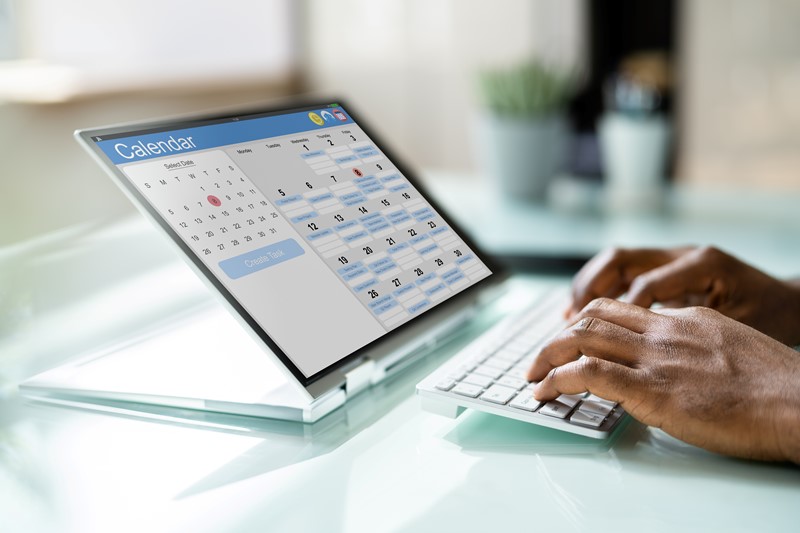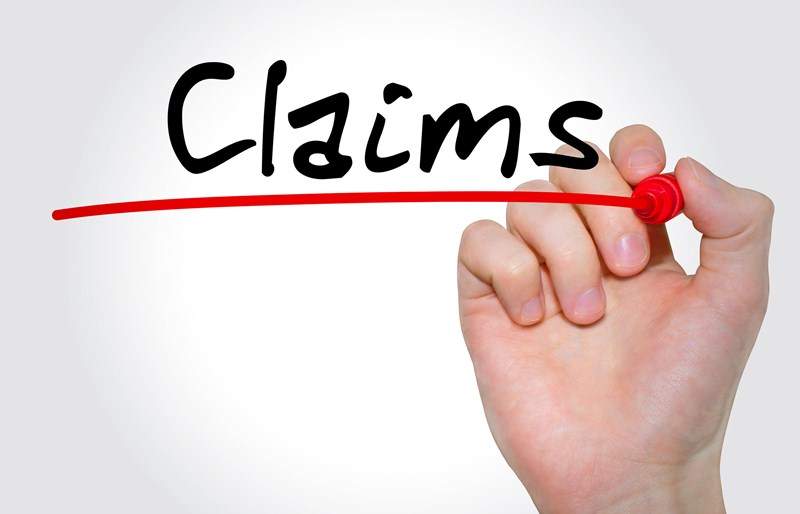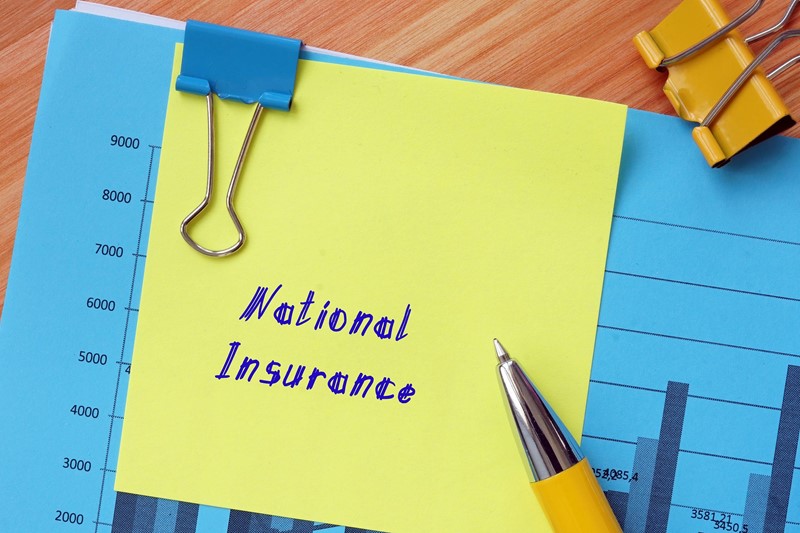A new consultation has been published jointly by HM Treasury and the Bank of England to consider the launch of a potential digital pound, or central bank digital currency (CBDC). The possible new digital pound has also been referred to as ‘digital sterling’ and ‘Britcoin’.
The digital pound would be a new type of money issued by the Bank of England for individuals and businesses to use for day-to-day spending in-store or online and to make payments. The digital pound would be denominated in sterling and its value would be stable, just like banknotes. £10 in digital pounds would always have the same value as a £10 banknote.
If introduced a digital pound would be interchangeable with cash and bank deposits, complementing (not replacing) cash. The Bank of England has committed to continue to issue cash for as long as people want to keep using it.
The digital pound would not be a cryptocurrency or cryptoasset. As opposed to cryptocurrencies, which are issued privately, the digital pound would be issued by the Bank of England and be backed by the Government.
Whilst no decision has yet been made, other countries around the world are considering similar proposals including the Eurozone and the US and China.
HM Treasury has stated that a decision about implementation of a digital pound will be taken around the middle of the decade and will be based on future developments in money and payments. The earliest stage at which the digital pound could be launched would be the second half of the decade.












